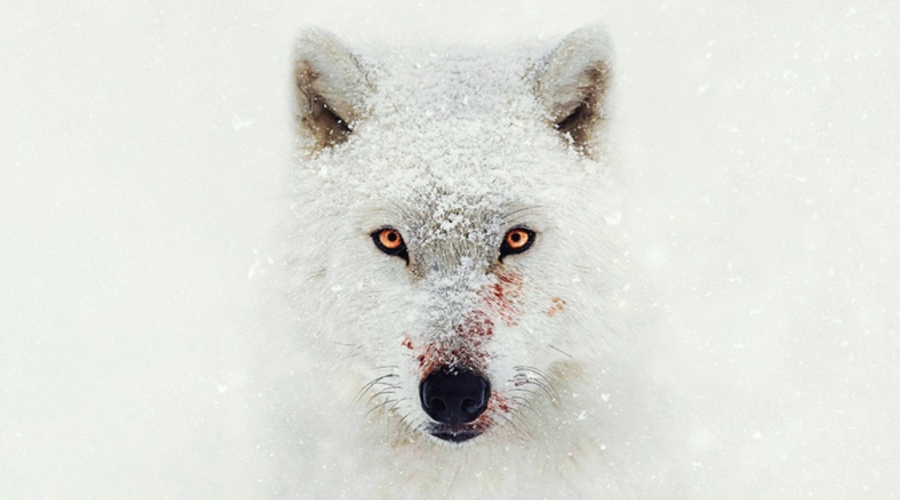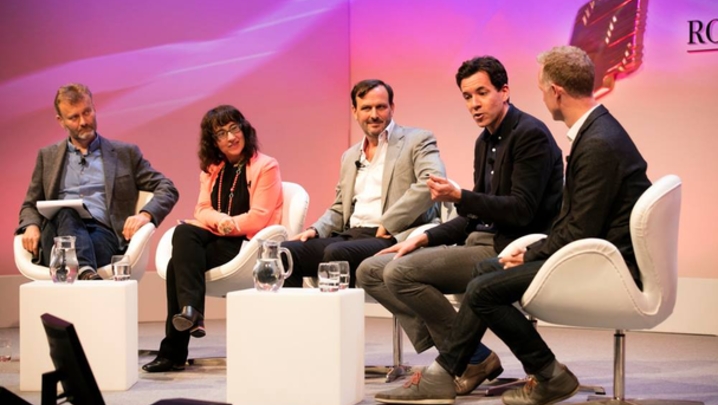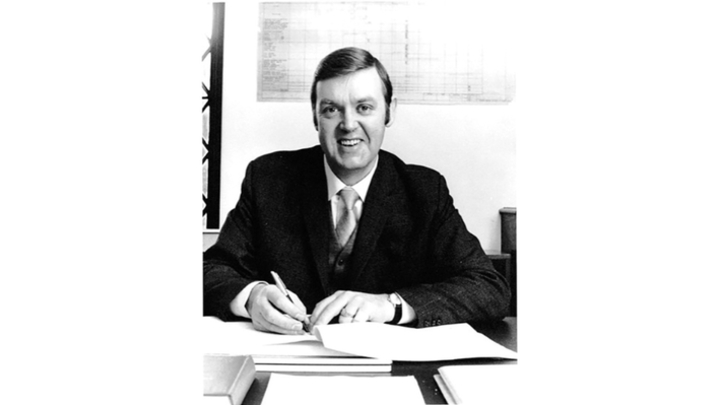Tim Dams talks to Grant Mansfield, founder of natural history specialist Plimsoll, recently bought by ITV.
By his own admission, Plimsoll Productions founder Grant Mansfield is an obsessive jogger. When we speak over Zoom at 9:00am, he has just returned from a run – one of four that he tries to fit in each week. “It has certainly helped keep me sane during the past eight months of this process,” he explains, referring to the recent sale of Plimsoll to ITV.
The broadcaster agreed in early June to pay £103.5m for a 79.5% stake in Plimsoll, valuing the producer of Apple TV+’s Tiny World, Channel 4’s Handmade: Britain’s Best Woodworker and Nat Geo’s Hostile Planet at a cool £131m.
The deal caps a remarkable – excuse the pun – run for Plimsoll. Mansfield launched the company in Bristol in 2013, after more than two decades in unscripted TV. He had recently returned from working in Los Angeles as CEO of Zodiak USA, after spells as Managing Director of RDF, head of programmes at Granada, controller of factual at ITV and managing editor of network features at the BBC.
Mansfield recalls spending the first day of Plimsoll’s life in a “broom cupboard”-sized office writing emails to dozens of potential broadcaster clients.
“By about 3:00pm, I thought, ‘Shit, I haven’t got anything else to do.’ Everyone else seemed to be busy doing something, so I spent a good half an hour pretending to type on my keyboard.”
For the first few weeks, he struggled to fill the day: “You just put stuff out there and hope like mad that someone is going to buy a show.”
The breakthrough came when Plimsoll won its first documentary commission, Prom Crazy: Frocks and Ferraris, from ITV’s then head of factual, Richard Klein (who is now Plimsoll’s head of documentaries).
Klein came to visit Plimsoll beforehand. “We were so embarrassed by the state of the offices that I actually borrowed an office from a friend,” says Mansfield. That friend was Andrew Jackson, then executive vice-president for landmarks and specials at Discovery (who also works at Plimsoll, overseeing international commercial programme activities).
Mansfield admits that Prom Crazy: Frocks and Ferraris wasn’t Plimsoll’s finest hour, but it got the company going. Key milestones in the company’s growth were: its first big series commission, Life of Dogs, for Discovery International; its first major SVoD commission, Night on Earth for Netflix; closely followed by Tiny World and Hostile Planet.
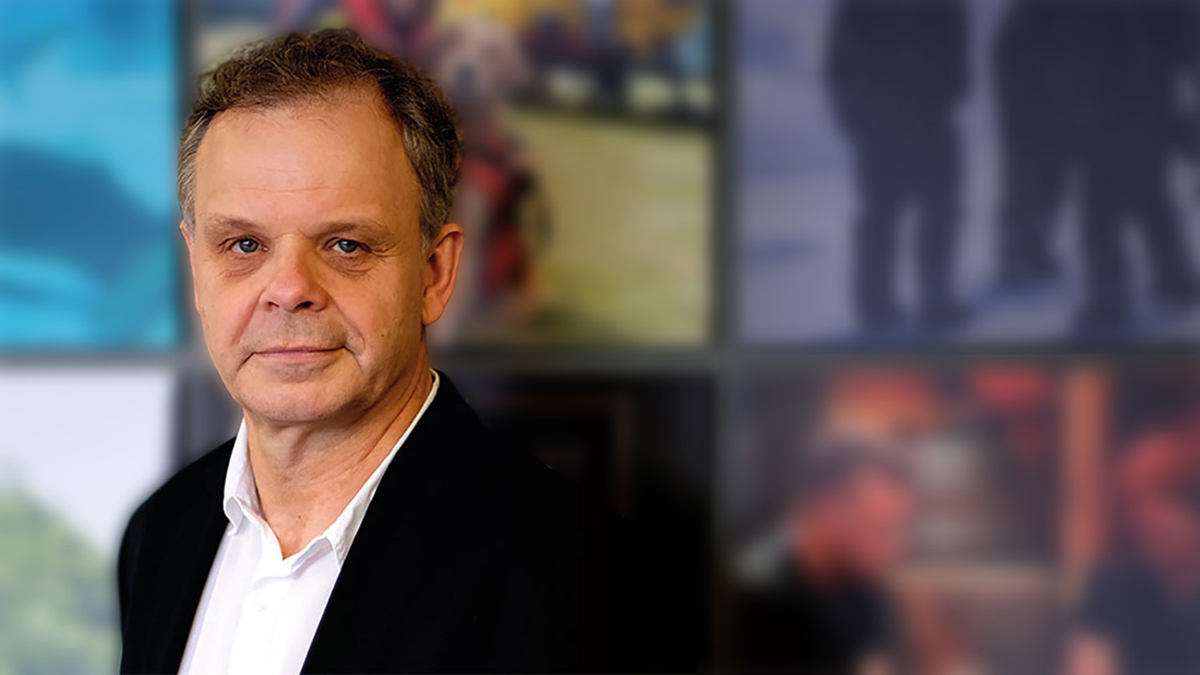
Some of Mansfield’s first hires were instrumental in building the company, among them Dr Martha Holmes, as head of natural history, and Karen Plumb, as head of factual entertainment. The company now has 12 commission-winning executives.
Plimsoll also added key commercial expertise in its early days, appointing the former deputy CEO of private equity group LDC, Paddy Sellers, as Chair, and former DRG group MD Jonathan Jackson as COO and CFO.
Today, Plimsoll has 400 people on its payroll, including staff and freelancers – and has taken over the entire Bristol building where it all began.
ITV is buying its stake in Plimsoll from private equity firm LDC, which took a minority position in Plimsoll in 2019, and from Mansfield and other existing Plimsoll shareholders, including 25 of its management team.
Mansfield stresses that he enjoyed working with LDC, which has exited with a good return. “It was everything that some people tell you private equity won’t be – it was not interventionist and was incredibly supportive.”
But he instigated the switch from private equity because he thought Plimsoll needed a trade partner for the next stage of its life: “We have significant growth ambitions. It’s reached the point where having some media expertise on the board… will be helpful to us.”
Mansfield says that Plimsoll had 17 bidders in total. But ITV and its content division, ITV Studios, stood out: “ITV Studios really understands the sector, but it is also particularly strong in the two markets where we are strong, the UK and the US.”
The ITV deal is also something of a homecoming for Mansfield. He cites former ITV director of programmes David Liddiment as a key figure in his career. It was Liddiment who “plucked” him out of the BBC to work at ITV. “He had a profound influence on me – he is an extremely clever, erudite man, but is absolutely steeped in what I would call popular quality.”
As part of the sale process, Plimsoll carried out due diligence to establish its place in the market. Mansfield says the analysts concluded that Plimsoll was the world’s biggest independent natural history producer (according to its figures, the BBC’s Natural History Unit has 17% of the global market, while Plimsoll has 13%).
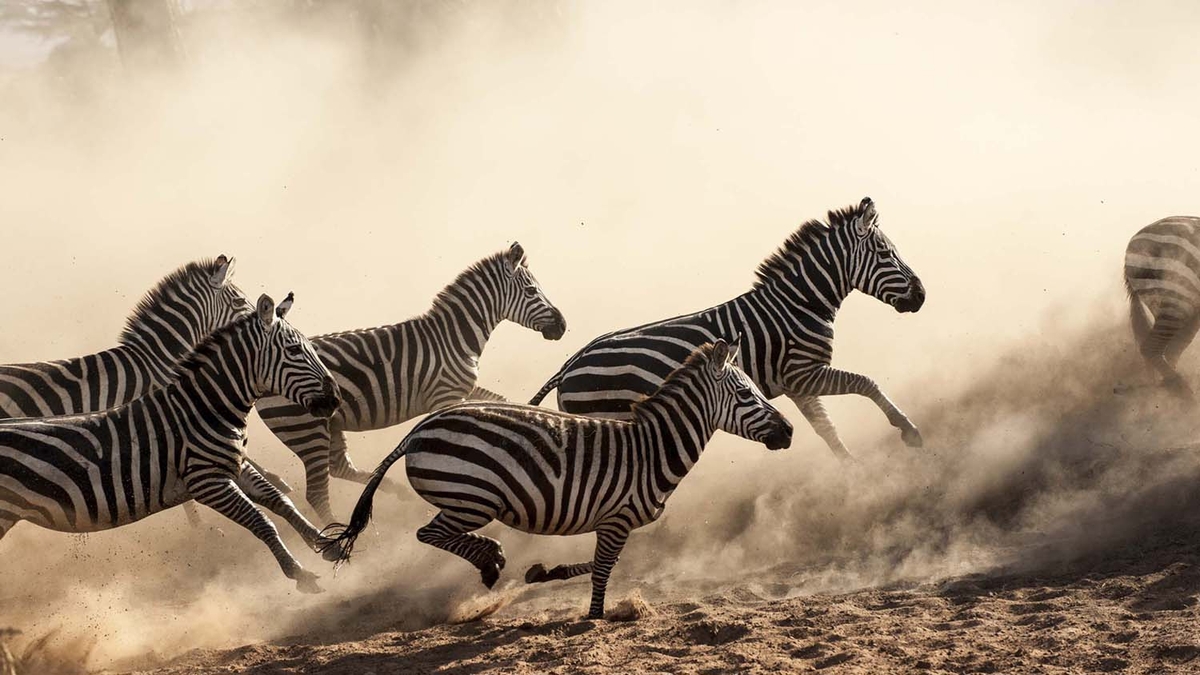
But Mansfield stresses that there is more to Plimsoll than natural history, describing the indie as a creator of premium unscripted content across a range of genres. “We are making a lot of big budget, unscripted content outside the natural history space, both in the UK and the US,” he says. A lot of these draw on the techniques and technologies it has applied to natural history.
Many of these unscripted shows cannot be announced yet, but they include SVoD commissions, two more series of Channel 4’s Handmade and another season of BBC Two’s Marcus Wareing’s Tales from a Kitchen Garden. Plimsoll is also producing On the Edge with Alex Honnold for Disney+, which will see the Free Solo star climb some of the toughest peaks in Greenland.
Plimsoll launched a factual drama department 18 months ago under Lisa Gilchrist, which has a number of series in paid development.
Mansfield concedes that Plimsoll has also been fortunate. He always thought its growth would come from the US, given his experience working there, “but setting up Plimsoll coincided with the SVoD platforms moving into unscripted and natural history in a big way. I certainly didn’t see that coming.”
Of course, there are now concerns about the growth model of SVoDs as the cost of living crisis bites. Some think that, as a result, they will commission less. But Mansfield believes that unscripted will continue to be in favour: “If you are looking to deliver new, fantastic content to your platform and to control your costs, a very natural thing to do would be to order more unscripted TV.”
Finding the right financial backing was key to Plimsoll’s early success, stresses Mansfield. He started the company with upfront investment from an unnamed angel investor, which allowed him to launch Plimsoll with a small team of execs – Holmes, Plumb, Christine Owen (who has just retired as COO), and specialist factual head Kate Beetham. “I never felt I was doing this on my own – and absolutely haven’t done it on my own. This is so much a team effort,” he says.
Mansfield is also proud that Plimsoll has become an important employer in Bristol. The city’s mayor, Marvin Rees, sits on the company’s board. And he is proud of the wide share ownership in the company, which has 25 staff with skin in the game.
It’s an unusually large number for a UK indie, something that Mansfield describes as right and sensible. “All of these people have helped build something that I think makes a contribution to the city.”
The angel investor has clearly done well, too. “For a relatively small amount of money, they have made an absolutely fantastic return,” says Mansfield. But he thinks they deserve it. “Anyone who says that starting an indie isn’t risky is off their head. You see a lot of very good people starting these indies, and then they fall over.”

